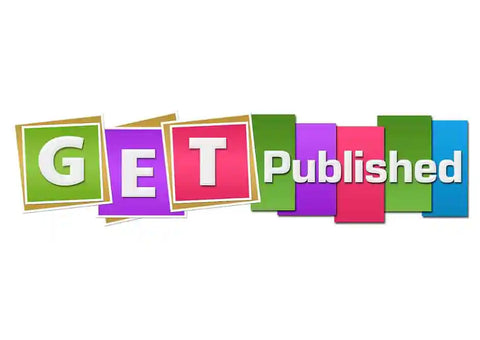Advice on Critical Comments & Getting an Academic Paper Published
When submitting a paper to an academic or scientific journal, any scholar would love to receive a response from the editor expressing his or her excitement about the work, the high praise it earned from the peer reviewers who read it and the enthusiasm with which the journal will be publishing it as soon as possible. This can happen, of course, but it is rare, and the process of preparing a submitted paper for publication is usually much more complicated and labour intensive. It is quite possible, for instance, that you will receive comments from the editor and peer reviewers indicating how your paper will need to be improved before it can be published or reconsidered for publication. This commentary is an excellent tool that can serve your needs as a researcher and author, but only, as with any tool, if you use it in appropriate ways.
The initial reaction to editorial and critical commentary that calls for unexpected revisions tends to be less than positive, and it is very important indeed to take the time to think carefully about the comments before making any decisions about how to proceed, and particularly before replying to the editor. Remember that the editor has taken the time to respond personally with detailed advice despite what is no doubt an extremely busy schedule. This suggests true interest in your work. Keep in mind as well that peer reviewers are usually selected on the basis of their qualifications and degrees, their reviewing experience, the number of papers they have published, how influential their publications have been and the personal recommendations of other qualified researchers and reviewers. This is to say that they are precisely the sort of experienced scholars who are able to understand your work well and offer advice that can lead to genuine improvements. Their ideas deserve respect and serious consideration.
Once you have recovered from the initial shock of discovering that your paper is not quite as ready for publication as you thought, it is time to consider each comment individually alongside your paper and decide how it should be accommodated in revisions. Some decisions will be straightforward: errors in formatting and language should certainly be corrected, for instance, perhaps with the help of a professional proofreader or editor. Others will prove more difficult, such as those associated with your research processes, and you may wish to solicit assistance from a mentor or colleague with publishing experience. Any changes you choose to make in keeping with the critical commentary you received should be explained to the editor when you resubmit your paper, and so should your decisions not to make requested changes, in which case specific reasons for your choices should be provided.
Treating the criticism you receive as an effective tool in your efforts to produce a piece of quality scholarship not only shows your willingness to work with proofreaders and reviewers and your ability to think critically about your own writing, but also gives those efforts a very good chance of resulting in successful publication.
Why Our Editing and Proofreading Services?
At Proof-Reading-Service.com we offer the highest quality journal article editing, dissertation proofreading and online proofreading services via our large and extremely dedicated team of academic and scientific professionals. All of our proofreaders are native speakers of English who have earned their own postgraduate degrees, and their areas of specialisation cover such a wide range of disciplines that we are able to help our international clientele with research editing to improve and perfect all kinds of academic manuscripts for successful publication. Many of the carefully trained members of our manuscript editing and proofreading team work predominantly on articles intended for publication in scholarly journals, applying painstaking journal editing standards to ensure that the references and formatting used in each paper are in conformity with the journal’s instructions for authors and to correct any grammar, spelling, punctuation or simple typing errors. In this way, we enable our clients to report their research in the clear and accurate ways required to impress acquisitions proofreaders and achieve publication.
Our scientific proofreading services for the authors of a wide variety of scientific journal papers are especially popular, but we also offer manuscript proofreading services and have the experience and expertise to proofread and edit manuscripts in all scholarly disciplines, as well as beyond them. We have team members who specialise in medical proofreading services, and some of our experts dedicate their time exclusively to dissertation proofreading and manuscript proofreading, offering academics the opportunity to improve their use of formatting and language through the most exacting PhD thesis editing and journal article proofreading practices. Whether you are preparing a conference paper for presentation, polishing a progress report to share with colleagues, or facing the daunting task of editing and perfecting any kind of scholarly document for publication, a qualified member of our professional team can provide invaluable assistance and give you greater confidence in your written work.
If you are in the process of preparing an article for an academic or scientific journal, or planning one for the near future, you may well be interested in a new book, Guide to Journal Publication, which is available on our Tips and Advice on Publishing Research in Journals website.








